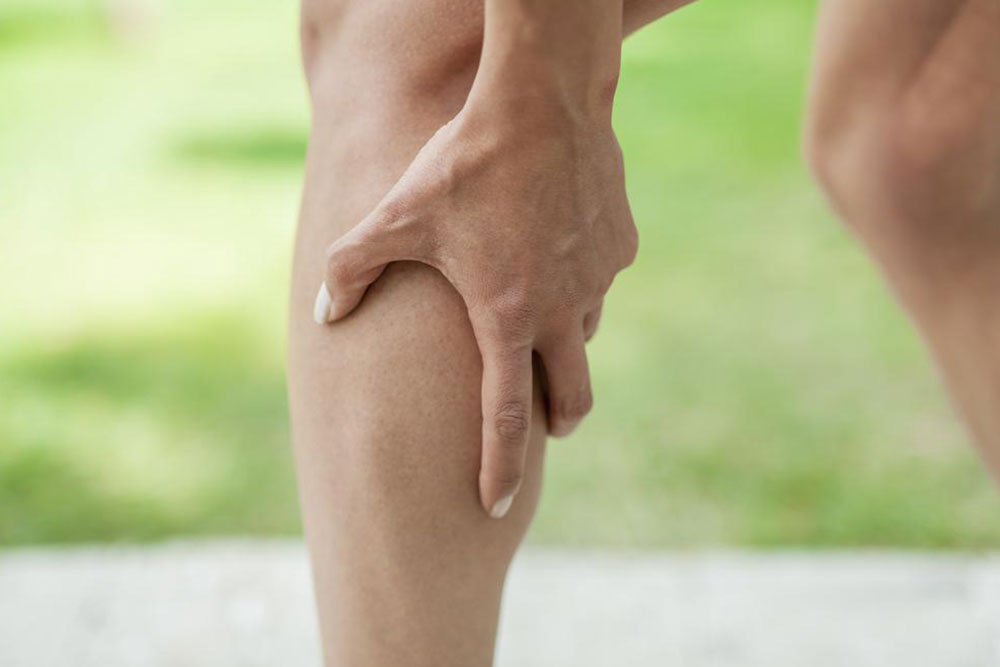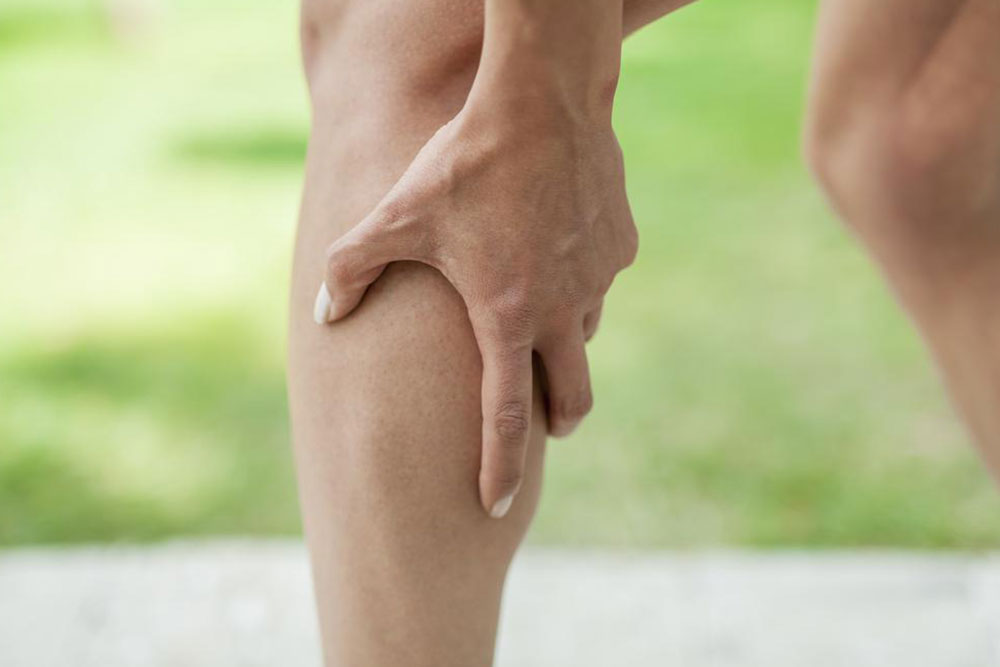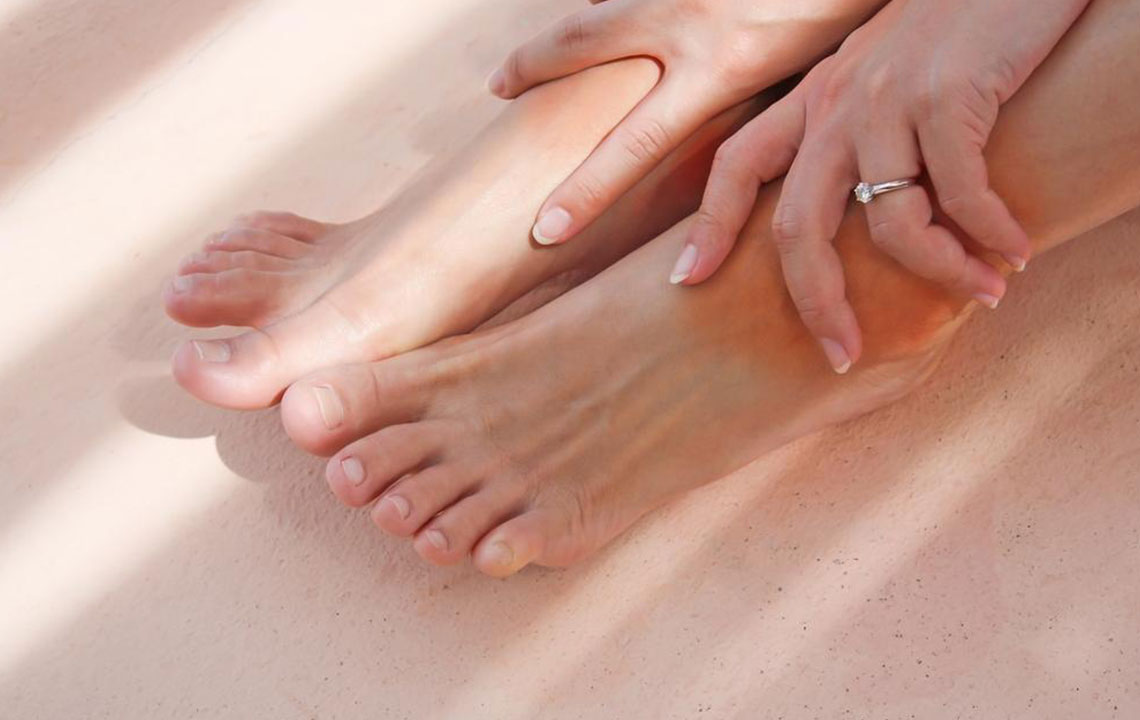Comprehensive Guide to Nighttime Leg Cramps: Causes, Symptoms, and Prevention Strategies
This comprehensive guide explores the causes, symptoms, and effective prevention strategies for nighttime leg cramps. Learn how lifestyle choices, electrolyte balance, and stretching routines can help you reduce and manage these painful spasms that disturb your sleep, enhancing overall comfort and health.

Comprehensive Guide to Nighttime Leg Cramps: Causes, Symptoms, and Prevention Strategies
Do you frequently wake up in the middle of the night overwhelmed by sharp, sudden pain in your legs? Nighttime leg cramps are a common phenomenon that can seriously impact your sleep quality and overall well-being. Understanding what causes these cramps and how to prevent them can significantly improve your comfort and health. This detailed guide explores the underlying factors behind nocturnal leg cramps, their early warning signs, and practical prevention techniques to help you enjoy restful nights.
What are Nighttime Leg Cramps and Why Do They Occur?
Nighttime leg cramps are involuntary spasms or contractions of leg muscles, most often in the calves, occurring unexpectedly during sleep or just before falling asleep. These cramps can cause intense pain that lasts from a few seconds to several minutes, leaving you unable to move comfortably and disrupting your sleep cycle. Although they can affect individuals of various ages, middle-aged adults, pregnant women, people who consume alcohol regularly, and individuals with certain health conditions are more susceptible to experiencing these painful episodes.
Common Triggers of Nocturnal Leg Cramps
The exact cause of nighttime leg cramps is not always clear. However, several factors are known to contribute to their occurrence. Overexertion during physical activity without appropriate warm-up or cool-down periods can lead to muscle fatigue and tightness, increasing the likelihood of cramps. Additionally, prolonged sitting or immobility during long car rides or desk jobs can cause muscles to become stiff, making them more prone to spasms at night.
Excessive physical exertion, especially in hot weather, can also deplete your body's electrolytes—such as potassium, magnesium, and calcium—which are essential for muscle function. An imbalance in these minerals can lead to abnormal muscle contractions. Nerve issues or peripheral neuropathy might disturb normal nerve signals that control muscle movements, resulting in involuntary spasms. Chronic health problems like diabetes, kidney disease, and thyroid disorders are also linked to increased risk of nocturnal cramps.
Furthermore, lifestyle choices such as alcohol consumption and smoking can impair circulation and nerve function, further elevating the risk. Hormonal changes during pregnancy or certain medications may also play a role by affecting muscle and nerve health.
Recognizing the early signs of leg cramps is crucial for timely intervention. Usually, cramps involve a sudden tightening or knotting sensation in the calf muscles, but they can also affect the thighs or feet. These spasms can last from a few seconds to several minutes, causing significant discomfort. Often, they occur when you're in a relaxed state, such as lying in bed during nighttime. A characteristic feature of nighttime leg cramps is their unpredictability; you might wake up abruptly due to the pain or experience them as you drift into sleep.
Symptoms of Nighttime Leg Cramps
Besides the intense muscle contraction, affected muscles may feel hard or swollen, and the pain can radiate if the spasm is severe. The discomfort often leaves a residual ache or soreness after the cramp subsides. In some cases, the cramps may recur multiple times during the night, further disturbing your sleep and leading to fatigue during the day. If untreated or ignored, these cramps can become a persistent problem affecting your daily activities and overall quality of life.
How to Prevent and Manage Nighttime Leg Cramps
Fortunately, many preventive measures and remedies are effective in reducing the frequency and severity of leg cramps at night. Maintaining proper hydration is fundamental. Drinking at least six to eight glasses of water daily helps keep muscles hydrated and functioning smoothly. Additionally, incorporating foods rich in electrolytes—such as bananas, spinach, nuts, and dairy—into your diet can restore and maintain mineral balance, reducing cramp risks.
Gentle stretching exercises before bedtime can relax the muscles and improve flexibility. Focus on stretching your calves, hamstrings, and quadriceps, holding each stretch for 15-30 seconds. These routines improve circulation and reduce muscle stiffness. Wearing comfortable, supportive shoes during the day and avoiding prolonged immobility also help avoid muscle tightness.
If a cramp strikes during the night, a quick and effective remedy is to gently stretch the affected muscle. For example, for calf cramps, try standing up and pressing your heel into the floor while keeping your leg straight. Applying heat through compresses or warm baths can relax tense muscles and alleviate discomfort. Some individuals find relief using topical remedies like magnesium oil or applying a cold pack to reduce inflammation.
Certain supplements, such as magnesium, potassium, or vitamin B complex, may assist in preventing recurrent cramps, especially if deficiencies are identified through blood tests. Consult your healthcare provider before starting any supplement regimen. In more persistent or severe cases, medications like calcium channel blockers or muscle relaxants might be prescribed by your doctor to manage symptoms effectively.
Lifestyle modifications are equally important. Reducing alcohol intake, quitting smoking, managing underlying health conditions, and avoiding strenuous exercise close to bedtime contribute to a lower incidence of muscle cramps. Additionally, ensuring your sleeping environment is comfortable and supportive can aid in preventing muscle strain or discomfort.
Incorporating these preventive strategies into your daily routine can significantly diminish the frequency of nighttime leg cramps, allowing you to enjoy restful sleep and better health overall. If cramps persist despite these efforts, it's essential to seek medical advice to rule out other underlying conditions and explore personalized treatment options.





